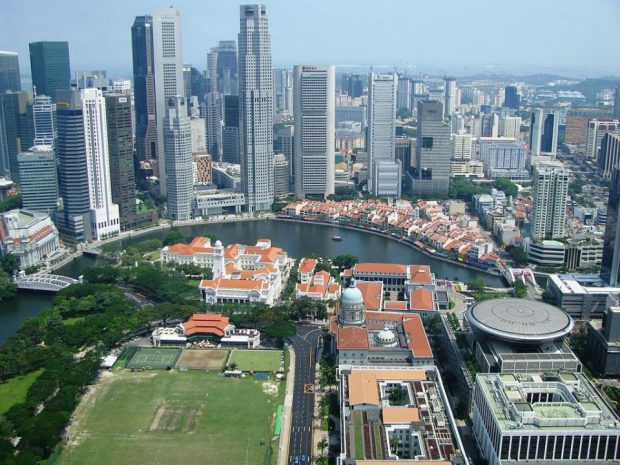UN convention to enforce mediation settlements across borders named after Singapore

By Ivan Lim
Contributor to AsiaN
Singapore: An international rules-based mechanism for resolving commercial disputes between countries has been named after Singapore in recognition of the key role the republic played in drafting and winning consensus for the treaty.
The convention will be signed in the city-state on August 7 at a ceremony which will be attended by several nations, including the United States and China, two economic power- houses locking horns over trade and technology.
The treaty was endorsed by the United Nations in December last year when the 73rd General Assembly passed a resolution to adopt the UN Convention on International Settlement Agreements Resulting from Mediation. The Assembly also agreed to name it after Singapore.
Hailing the significance of the new mediation convention, Singapore’s Law and Home Affairs Minister, Mr K. Shanmugam said: “It will make it easier for businesses to enforce mediated settlement agreements, provide certainty to users and facilitate international commerce.”
One concern about mediated settlements facilitated by a neutral party working with two disputants is the lack of enforcement in court in the event one party reneged on its obligations.
Under the new convention, countries that signed the Singapore Convention will have to enforce mediated settlements in court.
Ahead of this, the republic passed the Mediation Act in 2017 to strengthen enforcement of mediated settlements in Singapore.
Singapore has set itself up as a leading dispute resolution centre in the world, offering mediation services that that are more cost-effective and flexible to litigation or arbitration in resolving cross-border disputes.
The Singapore Convention will come into effect after three countries have signed and ratified it.
Other countries that will attend the convention signing ceremony in Shangri-La hotel are Australia, Japan, South Korea, Switzerland, Brunei and Uganda. The European Union countries have yet to agree on whether they can sign individually or as a bloc.



















































